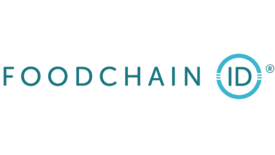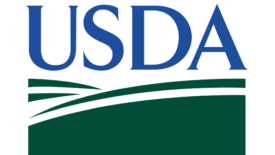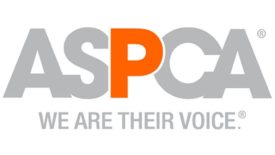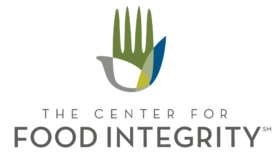Home » Keywords: » transparency
Items Tagged with 'transparency'
ARTICLES
Vytelle develops tools to characterize differences in feed efficiency among groups of feeder cattle via the Blocktrust Network’s permissioned blockchain.
Read More
FSIS to update MPI Directory and Establishment Demographic Data files
Prior to publishing the updated datasets, FSIS is seeking comments on sample datasets and data documentation until Feb. 16, 2024.
Read More
ReSeed and FoodChain ID partner to increase agri-food supply chain transparency
ReSeed and FoodChain ID aim to increase transparency in measurement and verification of sustainable practices in the agri-food supply chain.
Read More
USDA continues Cattle Contracts Library Pilot Program
USDA is continuing the Cattle Contracts Library Pilot Program in its present form.
Read More
ASPCA launches Supermarket Scorecard to take stock of grocery stores' commitment to farm animal welfare
Two stores receive A grades for strong policies and progress on all three critical issues covered in the report.
Read More
CFI 2023 Transparency Summit to focus on building trust through transparency
Early bird registration is open through Sept. 15.
Read More
AMS announces June 2023 dates for listening sessions on the Cattle Contracts Library Pilot Program
Four listening sessions are set for June.
Read More
USDA continues hosting listening sessions on Cattle Contracts Library Pilot Program
New sessions will be held at locations in key cattle producing states.
Read More
Americans willing to drop brand loyalty to food brands to save money
Shoppers have the least loyalty toward grocery brands.
Read More
Hating on big food - transparency is key
Trust research at The Center for Food Integrity (CFI) consistently shows a “big is bad” bias.
Read More
Get our new eMagazine delivered to your inbox every month.
Stay in the know with The National Provisioner's comprehensive coverage of the meat and poultry processing industry.
SUBSCRIBE TODAY!Copyright ©2024. All Rights Reserved BNP Media.
Design, CMS, Hosting & Web Development :: ePublishing
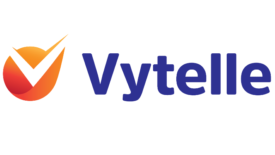
.jpg?height=168&t=1709305512&width=275)
